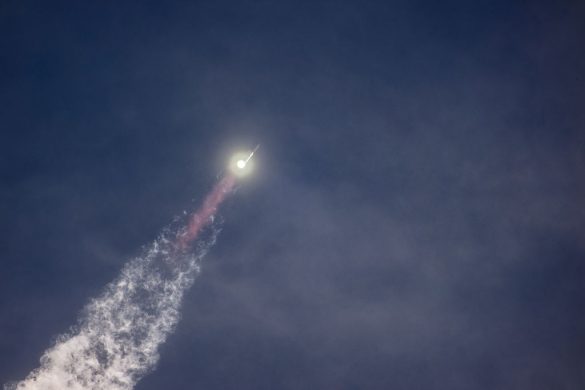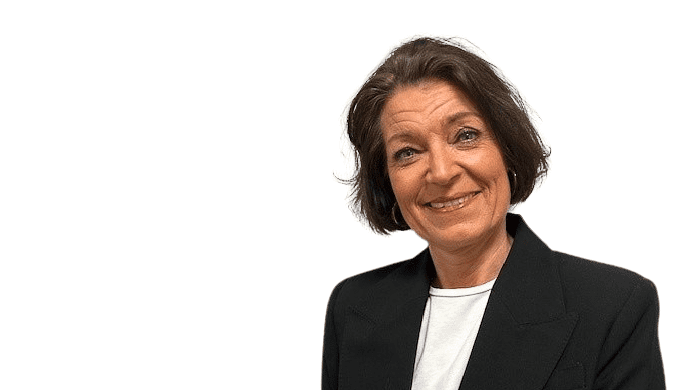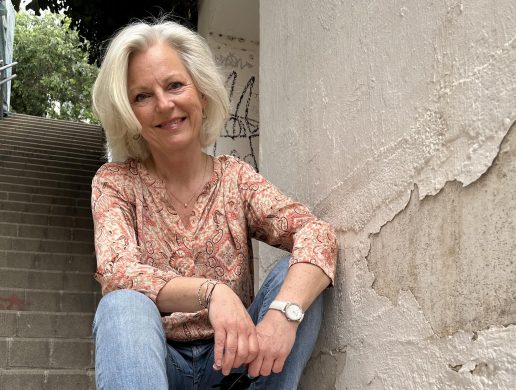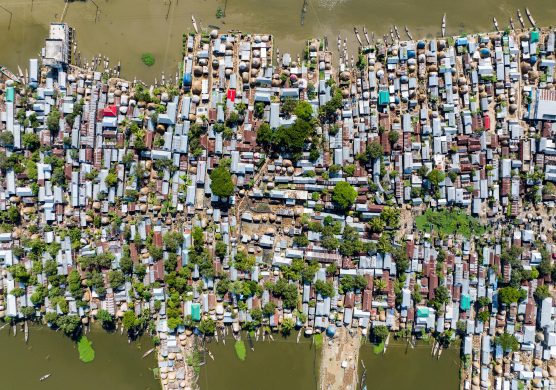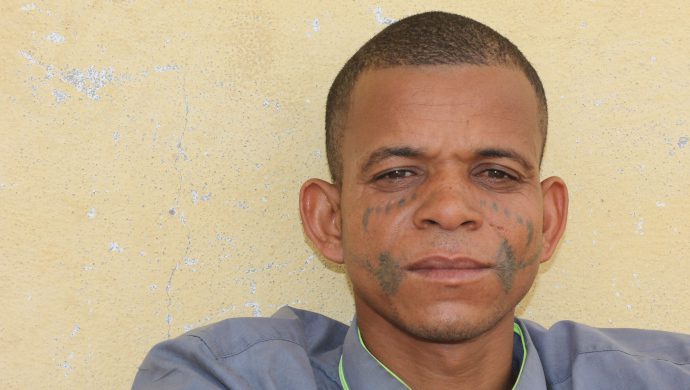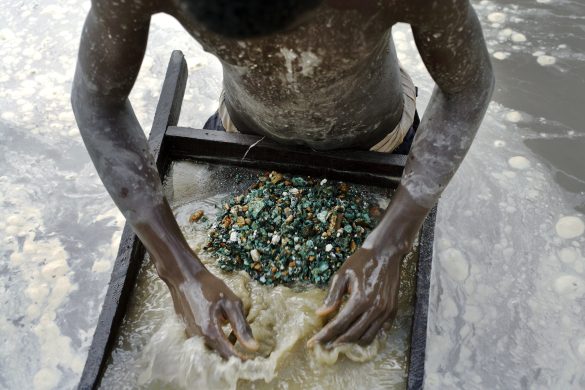Forensic science, more often associated with solving murders in prime time television crime series, is now helping the United Nations fight illegal fishing.
As well as fraudulent product substitution and false documentation.
All meant to cheat consumers, but also endanger fish stocks and threaten livelihoods in developing countries.
Experts, inspectors, law enforcement officials, scientists and academics from round the world recently gathered at a UN Food and Agriculture Organization (FAO) workshop in Rome to discuss how to enforce best practices in the 86-billion-dollar-a-year (458 milliarder d. kr.) global fishing industry, using such tools as DNA analysis and chemical testing.
– We’re interested in promoting wider use of available forensic techniques, in particular by developing countries, FAO Fisheries and Aquaculture Department official Michele Kuruc said.
She stressed that the 110-million ton annual seafood industry is a major source of employment and government revenue for these countries, where many of the fishing grounds that feed the first world are found.
HVILKEN FISK OG HVORFRA
DNA analysis can unveil the species of a suspect white fillet, for example.
Chemical tests on fish ear bones reveal absorbed nutrients to pinpoint the region where they were caught
Both major weapons in combating unscrupulous fishers and traders who game the system.
The goal is to prevent over-fishing and attempts to avoid international restrictions aimed as preserving fish stocks, as well as taxes and other limits.
FISK ER IKKE BARE FISK
An unknown percentage of seafood on the shelves simply is not what it is purported to be.
This is a growing problem given that today’s more conscious consumers are aware of the multiple health benefits of eating seafood but are also keen to be sure they are eating fish that has been caught or farmed responsibly and is safe to eat.
HVORDAN I U-LANDENE
The workshop discussed how best to build capacity in developing countries.
How to handle evidence, train inspectors, and identify laboratories capable of handling testing, including upgrading labs in developing countries currently testing for food quality to conduct forensic work.
The group also agreed to operate as an ad hoc FAO reference network that can be tapped by authorities around the world for guidance and advice.
– The idea is to help countries that don’t have such facilities and know-how to get access to them, so they can identify and prosecute cases of malfeasance, said FAO Fisheries and Aquaculture Department official Michele Kuruc.
Kilde: www.un.org


